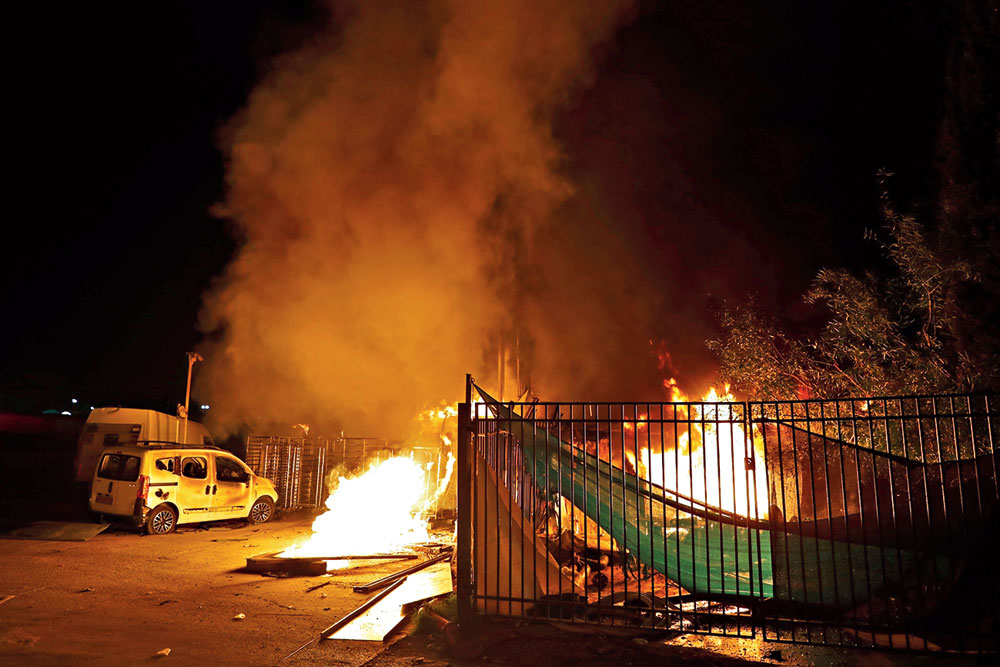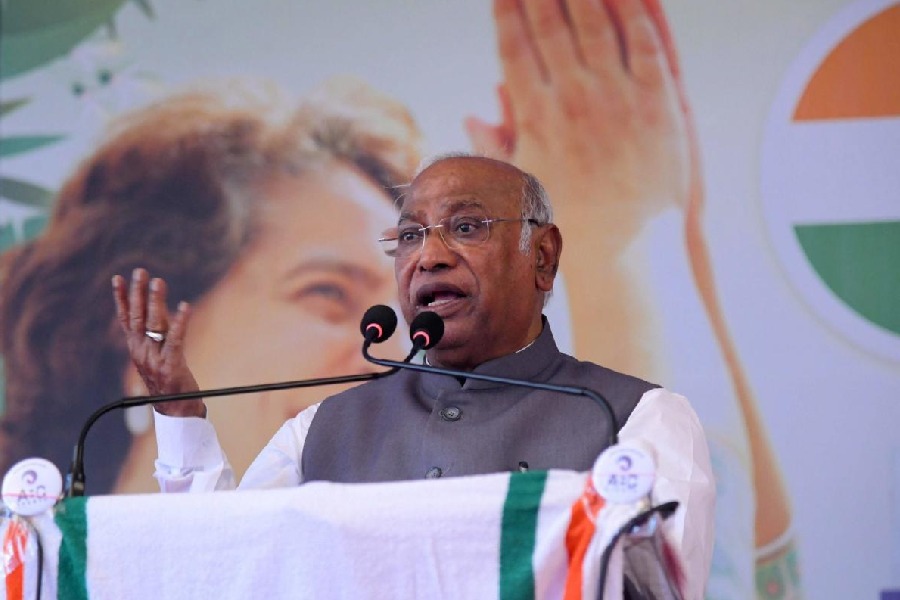A covert Israeli operation in the Gaza Strip apparently went bad on Sunday, leaving at least seven Palestinians dead, including one senior Hamas military commander, and puncturing a nascent ceasefire with a flurry of airstrikes and rocket fire.
An Israeli lieutenant colonel was killed and another officer was wounded in the action near Khan Younis, the first known Israeli ground incursion into Gaza since Operation Protective Edge, in July 2014, set off a seven-week war.
The impetus for the Israeli operation and its nature were unclear. Reports in the Israeli news media generally described it as an intelligence mission that went awry.
On Monday, Palestinians in Gaza fired dozens of rockets at southern Israel and Israel launched retaliatory air strikes.
At least two Palestinian gunmen were killed in the air attacks, the Popular Front for the Liberation of Palestine said. On the Israeli side of the border, Palestinian fire destroyed a bus, critically wounding one person, health officials said.
The Israeli military took the unusual step of announcing that none of its personnel had been captured in Gaza. And by early Monday, the Israeli news media were playing down the significance of the country’s soldiers operating in Gaza territory.
A former Israeli military commander in charge of long-range missions, Tal Russo, made the rounds of television studios assuring viewers this had been an intelligence operation, not an assassination or abduction mission. It was of the sort, he said, that “are carried out all the time, every night and in all fronts”.
Whatever the incursion’s purpose, the fighting it set off threatened to damage, if not scuttle, delicate multilateral efforts to calm the Israel-Gaza border. Those efforts have appeared to be bearing fruit.
Israel has allowed new shipments of diesel fuel to Gaza’s power plant, which is supplying many more hours of electricity to residents of the impoverished enclave. Over the weekend, Hamas distributed $15 million in Qatari-donated cash as back pay to thousands of its civil servants who have received only a fraction of their salaries for months.
But the perception that Israel, by allowing the fuel and cash shipments into Gaza, was paying off Hamas set off acrimonious wrangling between two rival Right-wing members of Israel’s security cabinet.
Earlier on Sunday, education minister Naftali Bennett called the cash infusion “protection money”. Defence minister Avigdor Lieberman accused Bennett of having supported such payments and of having opposed in recent weeks the more aggressive military reprisals against Hamas.
Prime Minister Benjamin Netanyahu, who was in Paris for the Armistice Day centennial, assured reporters that he was “working in every possible way to restore the quiet to the residents of Gaza.”











